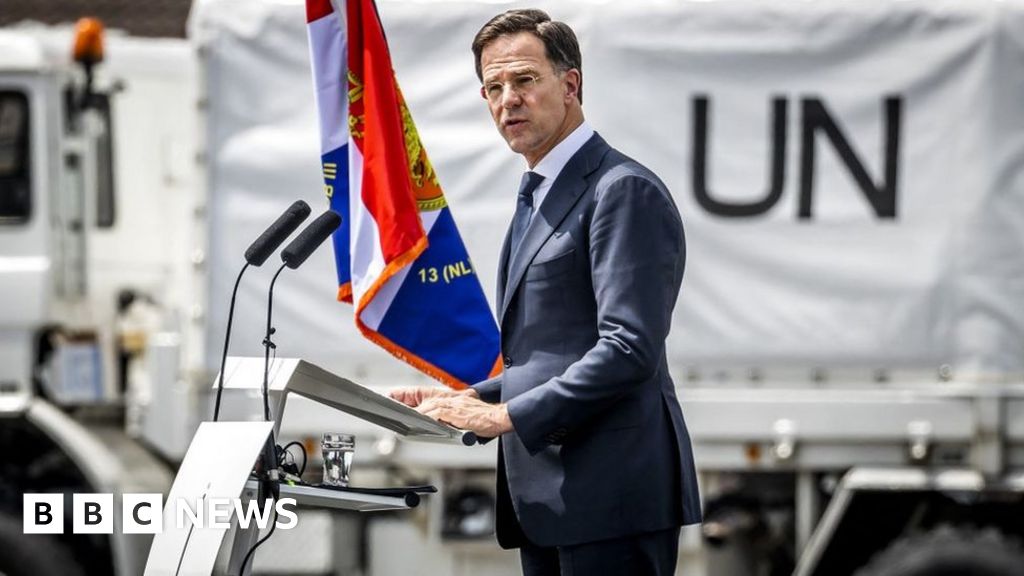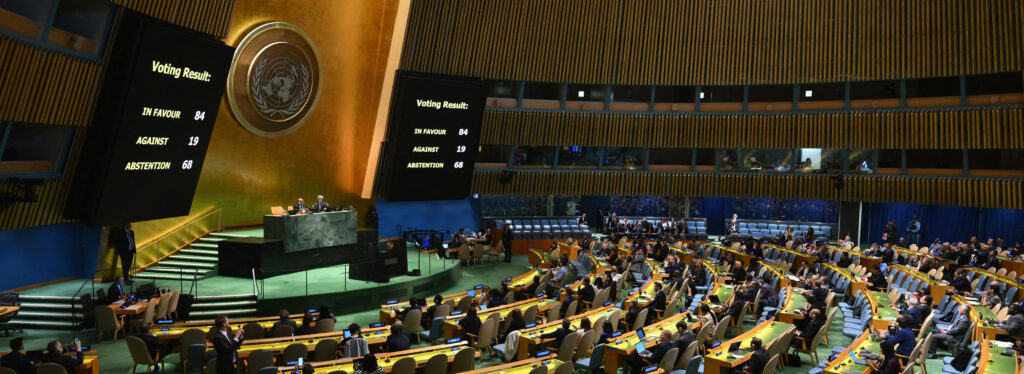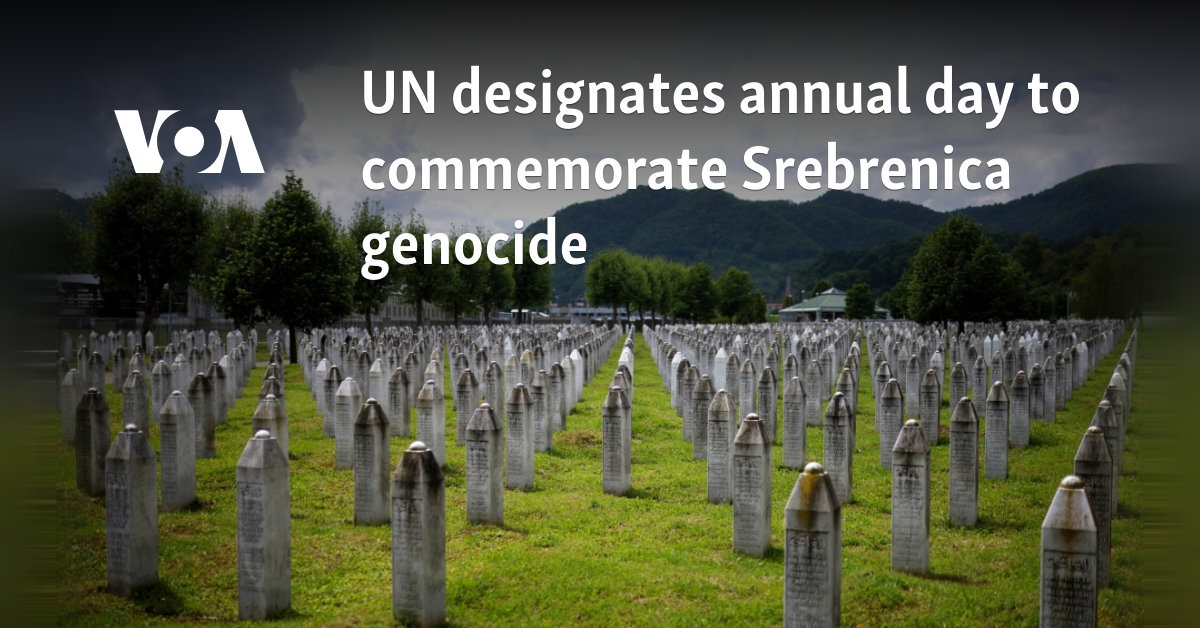medicineman said:
I think that the issue lies with the lack of testicular fortitude on the part of UN to give (and back up) robust ROE to actually enforce the mandates of UNPROFOR such as they were. The constraints put on units to ensure they didn't have a lot of teeth so as not to look like an invading/occupying force hamstrung any unit that might be forced to lock horns with any of the factions of bad guys out there for longer than about 30 seconds. I know that when I was in Croatia, we were told we'd have to be prepared to defend the Zone of Separation we were supposed to patrol - a section house had an APC with .50 cal, a C6 with SF kit , a Carl G, a 60mm mortar and a section complement of C7's and 9's. Each dude had (IIRC) about 300 rounds for a C7 or 2 boxes for a C-9, the .50 had 2-300 rounds, the C6 500 rounds, 6 WP rounds for the mortar and 4 RAP rounds for the Carl G and a couple of M72's - most guys figured the bad guys would make contact, duke it out until rounds stopped and then carry on through about a minute or two after it all started, since they'd be done. If our TUA's got in on it, might last a few more minutes. The Dutchies in Srebrenica were light infantry IIRC with little or no anti-armour capabilities - the Serbs had tanks and APC's and a lot more men than the Dutch had ammo in all likelihood.
The UN is all about optics - the asshats in NYC don't give a flying rat's arse about the people at the pointy end of things on UN ops. My ROE for UNPROFOR fan folded out to about 8 x 4" and was double sided - imagine trying to run through your what if's with BS like that. By the time you get past "Stop or I'll say Stop Again" and "Stop or I'll have to consider cocking my weapon in a menacing manner", you could only hope the bad guy/s have died of laughter, because you'd be a dead man if they didn't. Give poorly equipped troops, that are not well led or disciplined, a mission with muddy mandates and piss poor ROE that are utterly confusing to an educated person, I'd say they're most likely to hunker down and look out for number one and let the baddies drive on by and do what baddies do.
I glumly note that the UN weren't held responsible - when in fact, it was their mandates and over the top ROE, along with underwhelming rules regarding weapons, that failed those soldiers and ultimately, the citizens of Srebrenica.
My somewhat myopic/bitter :2c: for what it's worth.
MM
Medman: I was in Croatia in 94: your description of the situation is very familiar. I was OC C Coy/1PP, responsible for the ZOS from Zemunik Crossing in the NW to Pristeg in the SE. Our direction from the UN was clear: we were to defend the ZOS (and UNPA) from a military incursion. Although the UN didn't name a side as being the one we were "protecting" against, the military reality on the ground was quite clear that the threat was the Croatian HV, not the raggedy-ass SVK. And, as events proved with OP STORM the following year, this was true.
Although we had pretty liberal ROE for the time and place (we didn't have to wait to be shot at, nor did we have to fire warning shots if lives were in danger), we realized two things pretty early on. First, Canada violently disagreed with the UN mission statement (no doubt fearing another Medak...) and made this very clear to the CO after we did OP SAMSON, a show of force op directed at the Croats. In other words, if we followed UN direction we might not be backed up by our own Govt and legal system.
Second, we realized that even though we were
by far the best -armed, -equipped and -trained UN contingent in Croatia, there was a severe limit to how long we could hold out against a concerted Croat offensive. Although we had 81mm mors, TUA and .50 cals, we had no artillery, no tanks and no air. We had no dedicated medical support beyond the UMS and no Cdn CASEVAC lift. We were dispersed along nearly 70km of line in section-size OPs that in some cases couldn't see each other. The Bn reserve was a partial rifle coy in old M113s: it would have taken ages for it to get anywhere.
After quite a bit of to-ing and fro-ing both within the Bn leadership and with NDHQ, we adopted the limited self defence stance that, AFAIK, prevailed right up until OP STORM in 1995 which effectively ended the UN mission by force. But, even with that limitation, we protected Serb farmers working in the ZOS by putting our patrols in between them and the HV/HVO positions, and explaining to the Croats that if they fired on the farmers, we would take that as an attack on us and react in self defence with all available weapon systems (which was within our ROE to do: we were not restricted to personal weapons).
My feeling from the soldiers in C Coy was that while they were always willing to take reasonable risks (and they did, often...), they were not prepared to take near-suicidal risks in a poorly conceived and unsupported UN operation. The change to a more restrained Use of Force policy was, I thought, well received.
So, I guess all this is a round about way to say a couple of things:
-you are ultimately bound by your national ROE, not by the UN ROE. You are under Canadian FULCOM, but at best only under UN OPCON (IIRC). Just blaming the UN may not be the answer in the Srebenica case: what were the NL ROE?; and
-you may take risk on UN missions, but you still have to think about your troops. Who is coming to pull you out if you get into the sh*t with a small, lightly armed force? Yes, if it had been 1 PPCLI at Srebenica, with all our kit and our stronger ROE, the result might have been different.
I know that these two points seem to conflict with each other, but I guess I'm trying to point out that these UN missions can present commanders with hellish dilemmas between what the UN says, what your government says, and what you believe is right. My own gut feeling is that it can never be wrong to stop the slaughter of unarmed and non-combatant people when it is happening right in front of your position, if you have a chance to do it. That is what Jim Calvin did at Medak.











